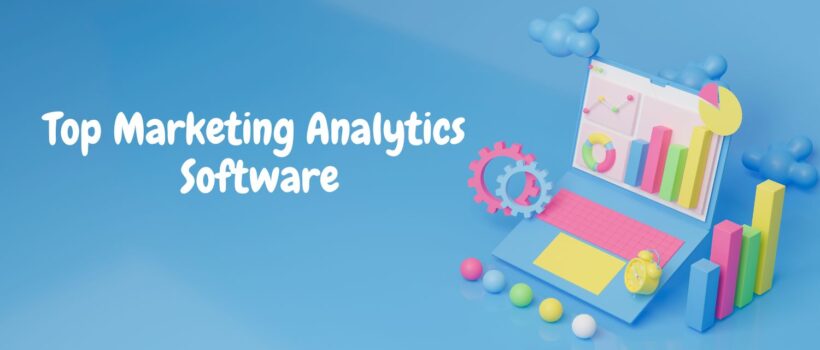
Top Marketing Analytics Software
Marketing analytics software has become a cornerstone for businesses seeking data-driven decision-making and enhanced campaign performance. These tools simplify data collection, processing, and analysis, empowering marketers to optimize strategies and maximize ROI. In this comprehensive guide, we’ll explore the top marketing analytics software, their features, benefits, and how to choose the best one for your business.
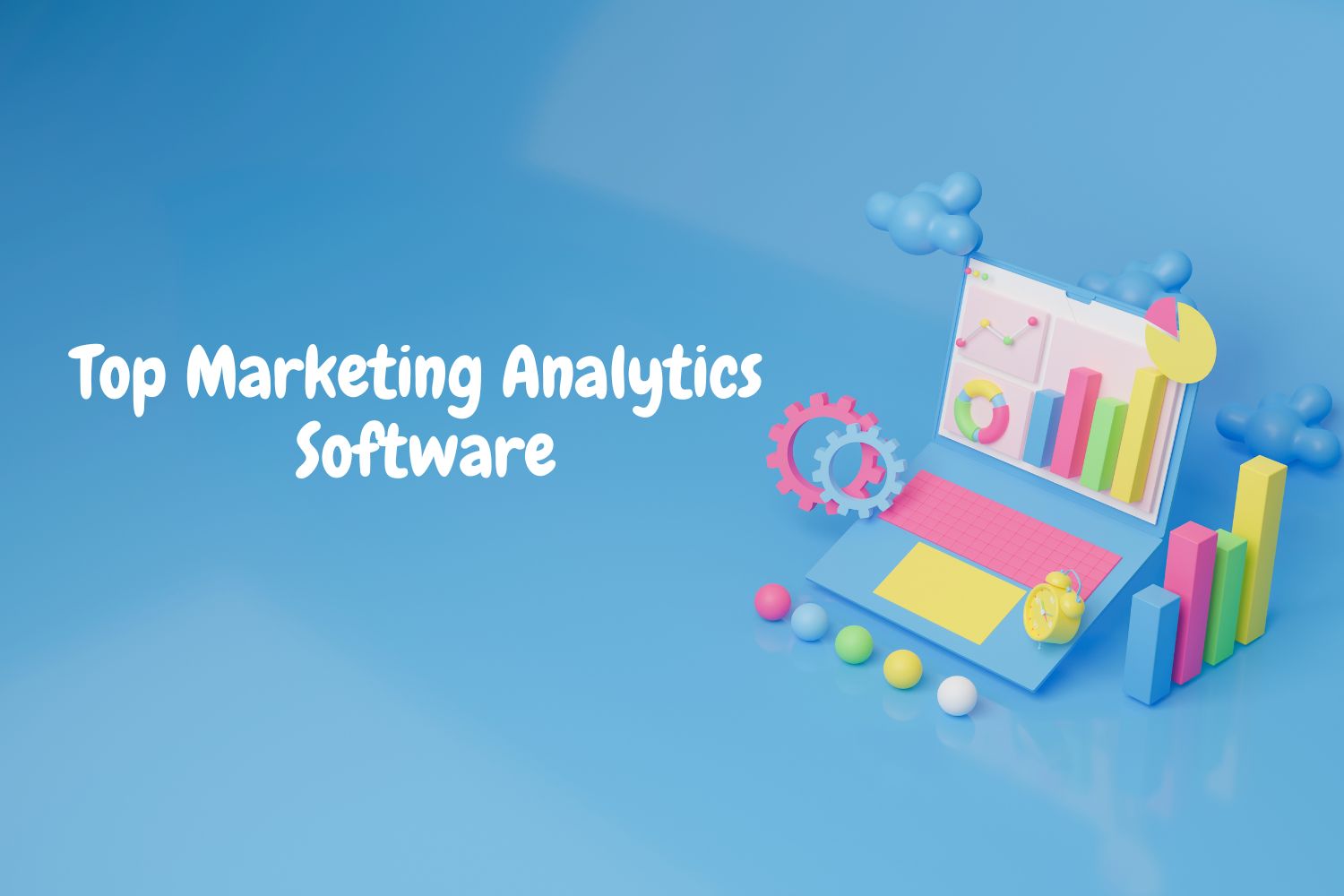
What Is Marketing Analytics Software?
Marketing analytics software is a digital solution that collects, tracks, and analyzes data from various marketing channels. It helps businesses understand customer behaviors, campaign effectiveness, and market trends, enabling smarter decisions and better resource allocation.
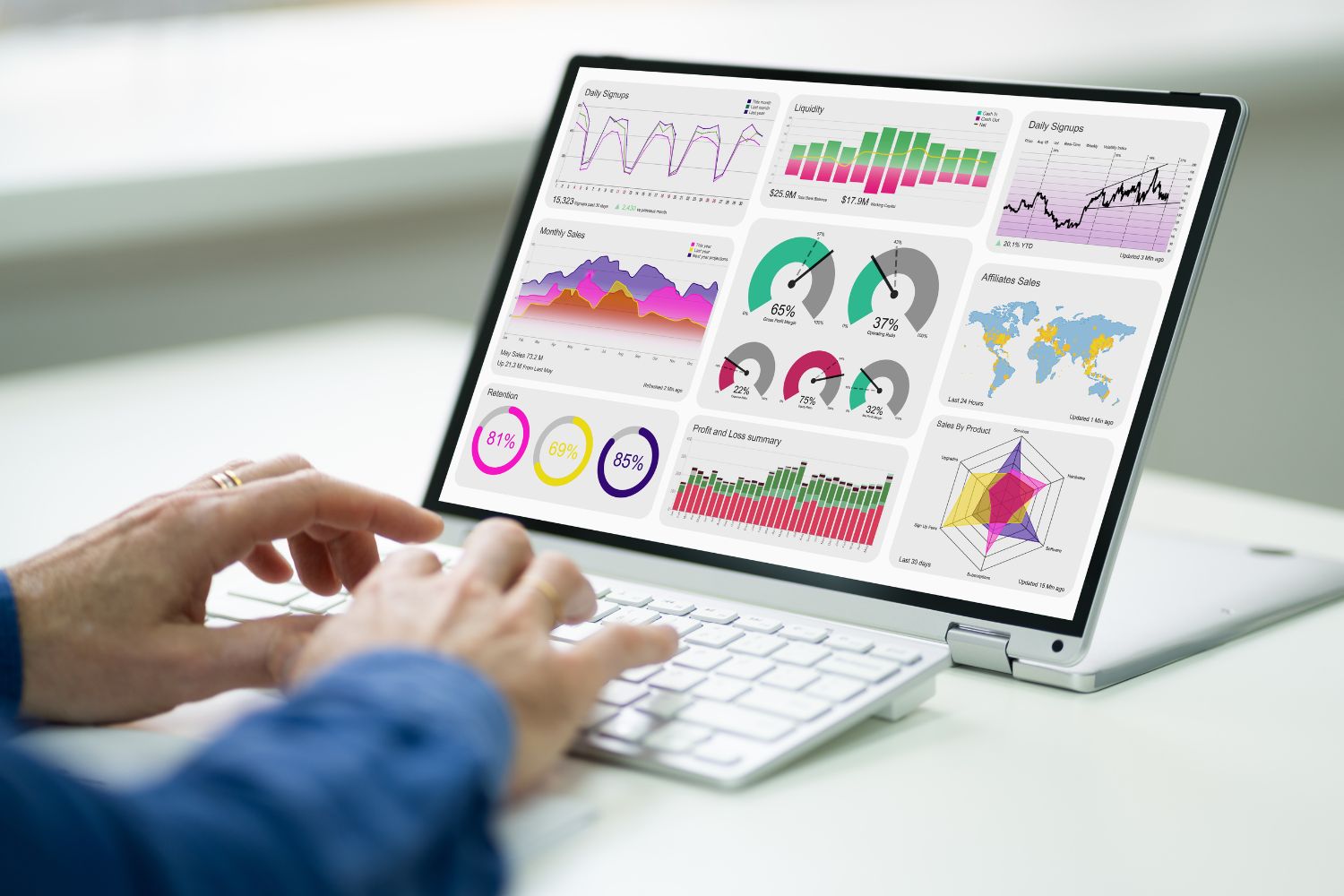
Why Marketing Analytics Is Crucial for Modern Businesses
In the digital age, data is everything. Marketing analytics tools:
- Provide actionable insights into campaign performance.
- Help identify high-performing channels.
- Improve customer segmentation and targeting.
- Increase ROI by eliminating ineffective strategies.
- Foster transparency through measurable KPIs.
Key Features to Look for in Marketing Analytics Tools
When choosing marketing analytics software, prioritize the following features:
- Data Integration: Ability to connect with platforms like Google Ads, Facebook Ads, and CRMs.
- Real-Time Analytics: Monitor campaigns in real-time for quick adjustments.
- Custom Dashboards: Personalized views for easy analysis.
- Predictive Analytics: Leverage AI for forecasting future trends.
- Reporting Tools: Automated, shareable reports for teams and stakeholders.
Top Marketing Analytics Software Solutions
Google Analytics

- Overview: A free tool providing in-depth insights into website traffic and user behavior.
- Key Features:
- Real-time analytics.
- Conversion tracking.
- Integration with Google Ads.
- Best For: Small to medium businesses needing foundational analytics.
HubSpot Marketing Hub
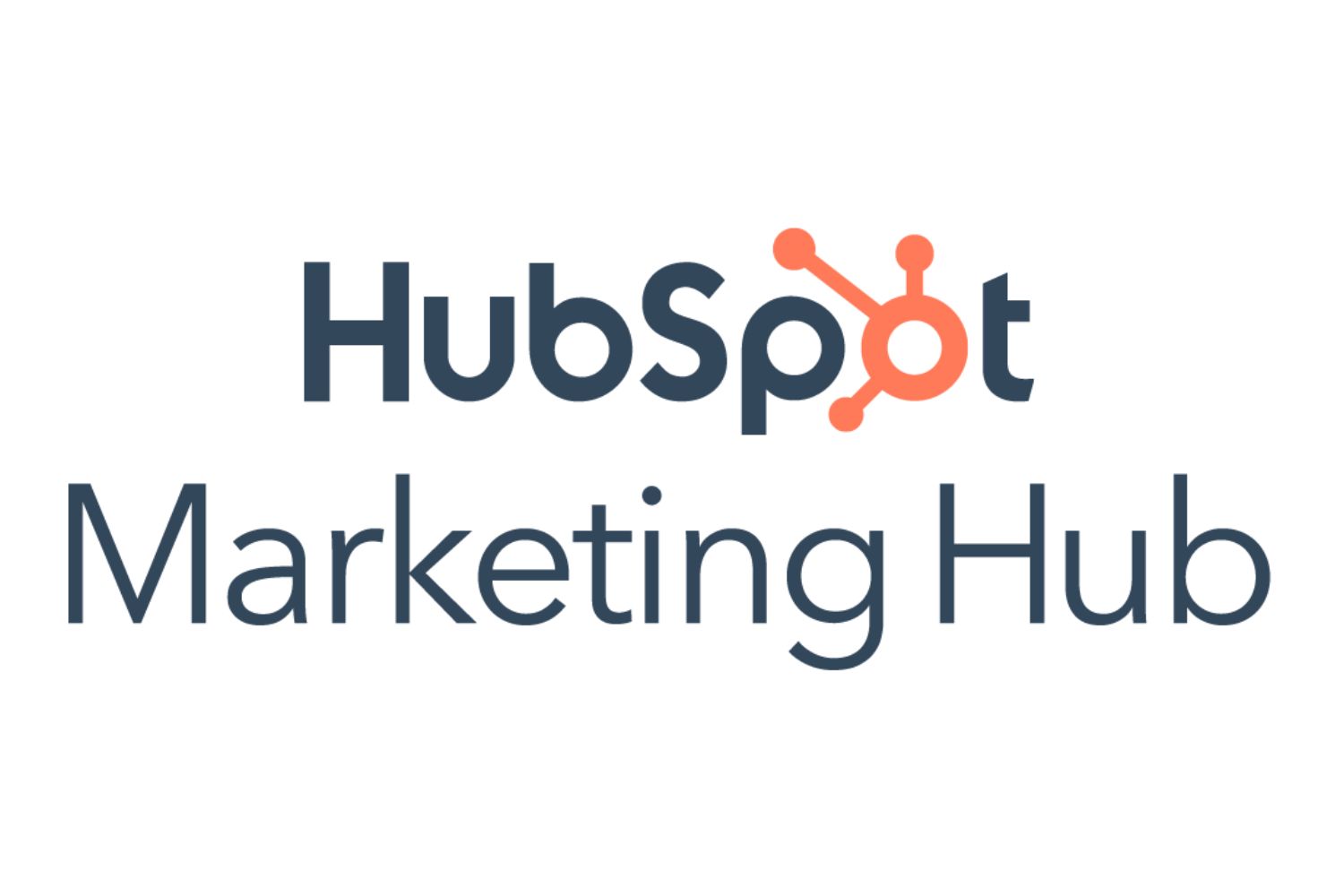
- Overview: A comprehensive inbound marketing platform with robust analytics.
- Key Features:
- Campaign tracking and ROI measurement.
- CRM integration.
- Content performance insights.
- Best For: Businesses seeking an all-in-one solution for marketing and sales.
Adobe Analytics
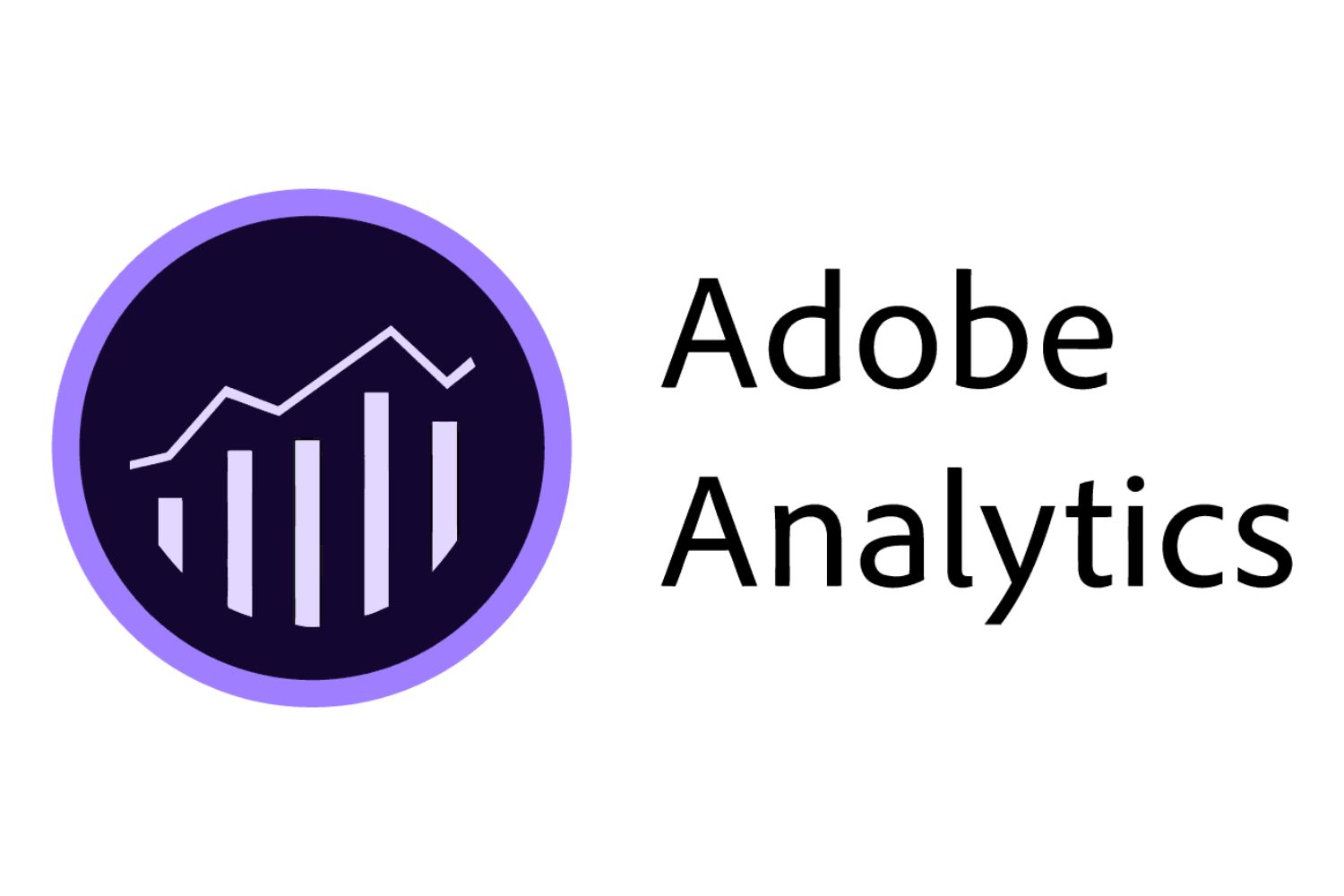
- Overview: A premium tool offering advanced customer analytics and data visualization.
- Key Features:
- AI-powered insights.
- Cross-channel attribution modeling.
- Customizable dashboards.
- Best For: Enterprises with complex data needs.
SEMrush
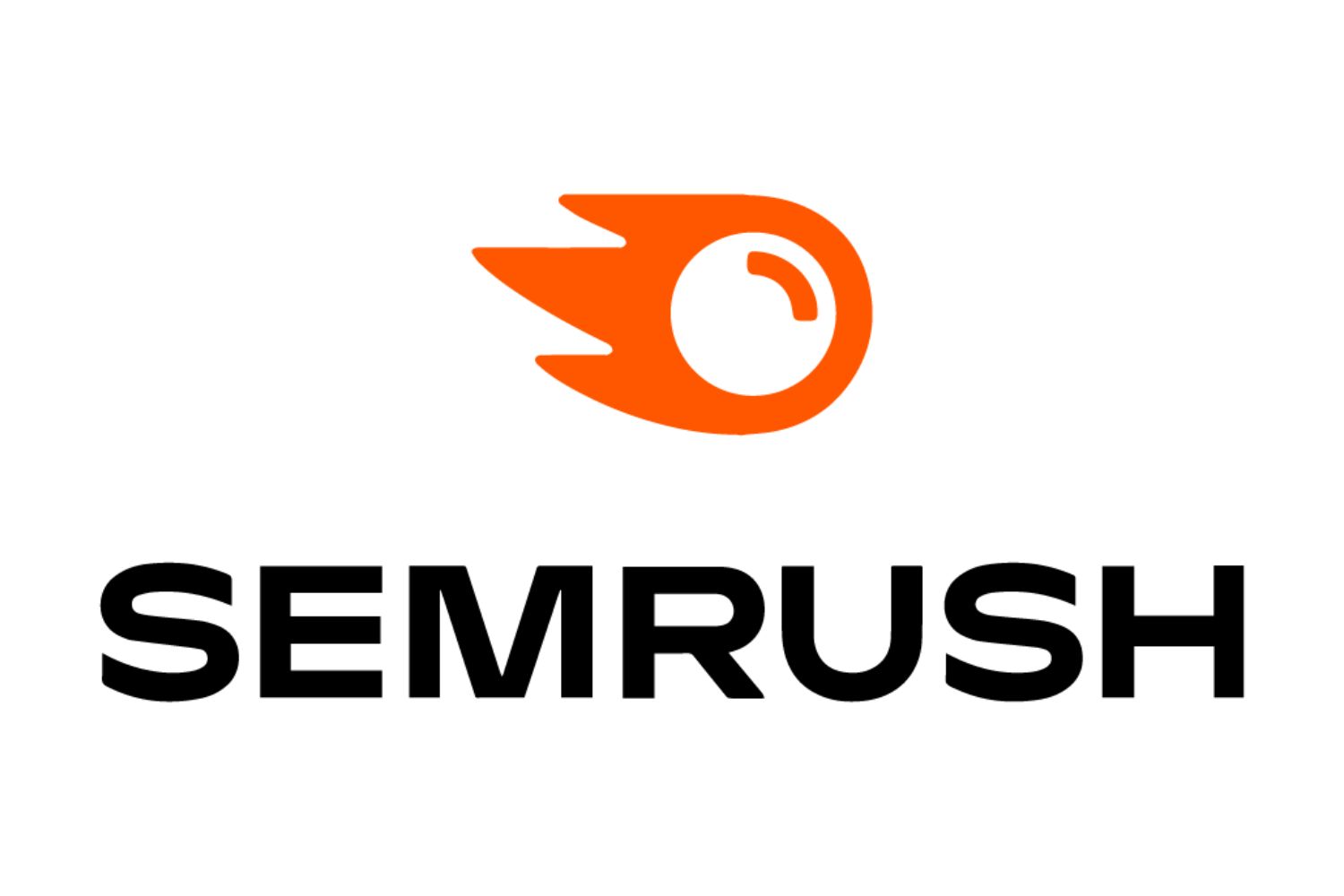
- Overview: A leading tool for SEO, PPC, and content marketing analytics.
- Key Features:
- Keyword tracking and competitive analysis.
- Backlink auditing.
- Social media analytics.
- Best For: Digital marketers focusing on SEO and paid search optimization.
Mixpanel

- Overview: A tool specializing in product and user behavior analytics.
- Key Features:
- Funnel analysis and cohort tracking.
- A/B testing support.
- Real-time data segmentation.
- Best For: SaaS and app-based businesses.
Comparing the Best Marketing Analytics Software
| Software | Best For | Key Strength | Price |
|---|---|---|---|
| Google Analytics | SMBs | Free and user-friendly | Free |
| HubSpot Marketing Hub | Inbound marketing campaigns | Integrated marketing ecosystem | $50+/month |
| Adobe Analytics | Enterprises | Advanced data visualization | Custom pricing |
| SEMrush | SEO and PPC experts | Comprehensive keyword insights | $119+/month |
| Mixpanel | SaaS and apps | Real-time user behavior tracking | Free to $25+/month |
How to Choose the Right Tool for Your Business
Selecting the right marketing analytics software depends on your goals, budget, and technical expertise. Consider these steps:
- Identify Your Needs: Do you need basic website analytics or advanced customer journey insights?
- Evaluate Features: Look for must-have capabilities like real-time data, integration options, and reporting tools.
- Consider Budget: Compare costs against the potential ROI. Many tools offer free trials or freemium plans.
- Check Scalability: Ensure the software can grow with your business.
- Test Usability: Opt for user-friendly tools that your team can adopt quickly.
The Future of Marketing Analytics
The future of marketing analytics lies in AI-driven tools, real-time data processing, and omnichannel integration. Marketers can expect enhanced predictive analytics, personalized customer insights, and more robust data privacy measures. Staying ahead means adopting tools that evolve with technological advancements.
FAQs
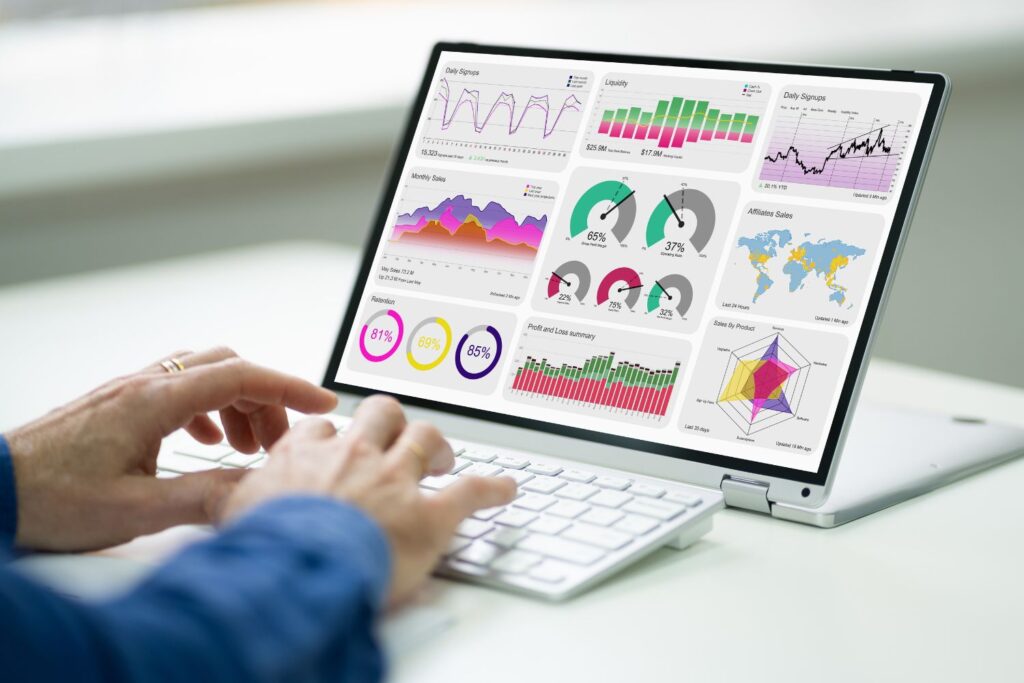
Q1: What is the best free marketing analytics tool?
Google Analytics is the most popular free option, providing essential insights into website traffic and user behavior.
Q2: How can marketing analytics software improve ROI?
By tracking and optimizing campaigns, these tools help allocate resources effectively, targeting high-performing channels and reducing wasteful spending.
Q3: Which tool is best for SEO-focused campaigns?
SEMrush stands out for its robust keyword tracking, competitive analysis, and backlink auditing features.
Q4: Are these tools suitable for small businesses?
Yes! Tools like Google Analytics and Mixpanel offer free or affordable plans tailored to small and growing businesses.
Q5: How important is integration with other tools?
Integration is critical for a seamless workflow, allowing you to connect analytics tools with CRMs, ad platforms, and email marketing software.
Q6: Can marketing analytics software predict trends?
Advanced tools like Adobe Analytics and HubSpot use AI-powered predictive analytics to forecast customer behaviors and market trends.
Conclusion
Marketing analytics software is essential for businesses looking to make informed decisions and maximize their marketing efforts. Whether you’re a startup seeking cost-effective tools or an enterprise needing advanced insights, there’s a solution tailored to your needs. By investing in the right software, you can gain actionable insights, boost campaign performance, and achieve measurable growth.




